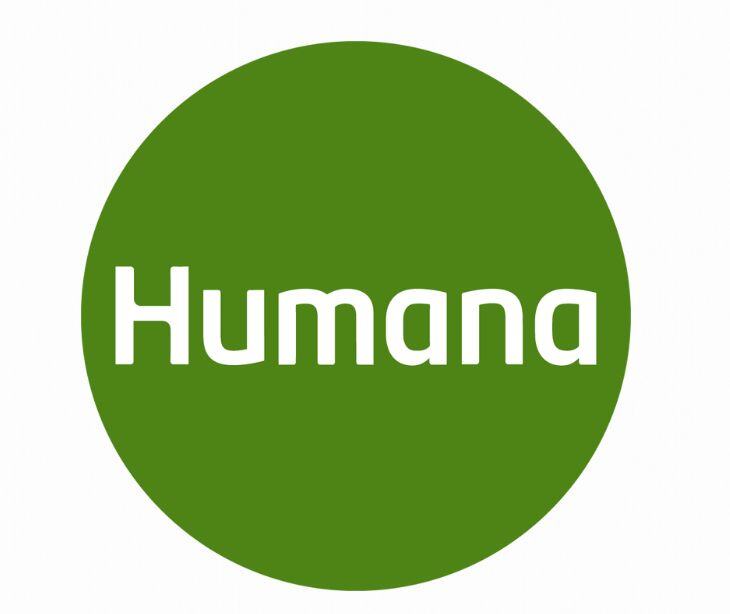3 min read
Medicare Advantage rates cause drop in UnitedHealth and other insurers
Tshedimoso Makhene
April 02, 2024

UnitedHealth and Humana experienced stock drops, while CVS Health and Cigna retreated after the Biden Administration announced that final Medicare Advantage rates in 2025 won't change from the anticipated 3.7% increase.
What happened
The Centers for Medicare and Medicaid Services announced on April 1st that private Medicare Advantage rates are scheduled to increase by an average of 3.7% in 2025, as proposed in January 2024. As a result, On April 2nd, UnitedHealth (UNH) and Humana (HUM) experienced a decline, while other health insurance companies like CVS Health (CVS) and Cigna (CI) pulled back after the Biden Administration made known that initial Medicare Advantage rates set in January would remain unchanged for 2025.
Humana and UnitedHealth are major contenders in the Medicare Advantage industry, with Humana generating considerable revenue from Medicare. CVS Health, a significant player in the drugstore and insurance sectors, is also prominent in the Medicare Advantage market.
Learn more: What does the Centers for Medicare and Medicaid Services (CMS) do?
By the numbers
- Humana's stock experienced a substantial decline of 14.2%, reaching a four-year low.
- UnitedHealth's stock also dropped, falling 7.5% to its lowest level since July.
- CVS stock retreated by 9.4%, falling below its 50-day and 200-day moving averages.
- Cigna, with less exposure to the Medicare Advantage market, saw a slight dip of 0.8% in its stock.
- Centene's stock slumped by 6.4%, while Molina's declined by 6.15%.
- Elevance Health also saw a decline, with its stock dropping by 3.4% and falling below its 50-day moving average.
See also: HIPAA Compliant Email: The Definitive Guide
In the know
Part C, or Medicare Advantage, is an option for receiving coverage through private health plans. Unlike Parts A and B of traditional Medicare, it's not free; you'll be responsible for certain out-of-pocket expenses like deductibles, premiums, coinsurance payments, and copayments. The cost of the plan varies based on factors such as location, provider, and individual circumstances. Private insurance companies approved by Medicare offer these plans with additional benefits, including prescription drug coverage and dental, vision, and hearing services; some even cover gym memberships or wellness programs while maintaining the same level of Part A/B care provided by Original Medicare.
Why it matters
Fluctuations in private Medicare Advantage rates can have broad implications for both companies operating in the market and for individuals seeking healthcare coverage. Here are some implications of the decrease in private Medicare Advantage rates:
- Financial impact on companies: Companies offering Medicare Advantage plans, such as UnitedHealth, Humana, and CVS Health, may experience decreased revenues and profits if rates drop. This can directly affect their stock prices, as seen in the stock market reactions mentioned in the provided information.
- Customer enrollment and retention: Lower rates could affect the attractiveness of Medicare Advantage plans to potential enrollees. If premiums rise or benefits decrease due to lower rates, individuals may be less inclined to enroll or stay with these plans, potentially leading to decreased membership numbers for these companies.
- Competitive landscape: A drop in rates might affect the competitiveness of companies in the Medicare Advantage market. Companies may need to adjust their offerings or strategies to remain competitive, which could include reducing costs, renegotiating contracts with healthcare providers, or enhancing benefits to attract and retain customers.
The big picture
Shifting rates can prompt strategic adjustments among companies in the Medicare Advantage market, including cost-cutting measures, renegotiation of contracts with healthcare providers, or enhancements to plan benefits, all aimed at maintaining competitiveness.
On the other hand, for individuals seeking healthcare coverage, fluctuations in rates may influence the affordability and attractiveness of Medicare Advantage plans, potentially impacting enrollment decisions and overall healthcare access.
FAQs
What factors influence Medicare Advantage rates?
Several factors can influence Medicare Advantage rates, including healthcare costs, regulatory changes, insurance company policies, geographic location, plan benefits, and individual circumstances.
Are there financial assistance options available for Medicare Advantage premiums?
Some individuals may qualify for financial assistance programs, such as Medicare Savings Programs or Extra Help, which can help cover Medicare Advantage premiums and other healthcare costs. Eligibility criteria vary depending on income and assets.
Are there limitations on enrolling in Medicare Advantage plans based on pre-existing conditions?
No, Medicare Advantage plans are prohibited from denying coverage or charging higher rates based on pre-existing conditions. However, it's important to carefully review plan details, including coverage for specific treatments or medications related to pre-existing conditions, when comparing plan options.
Subscribe to Paubox Weekly
Every Friday we bring you the most important news from Paubox. Our aim is to make you smarter, faster.




